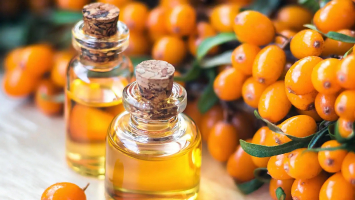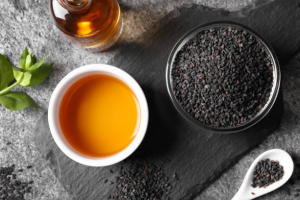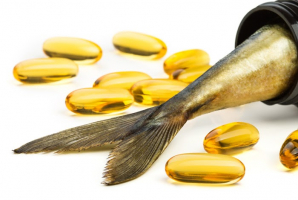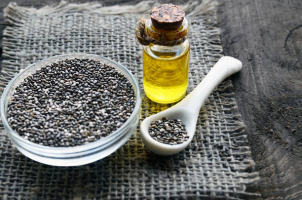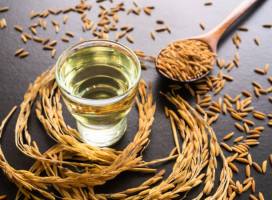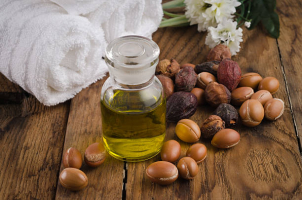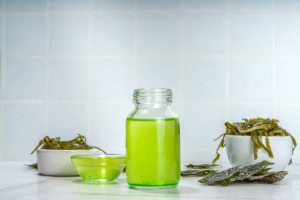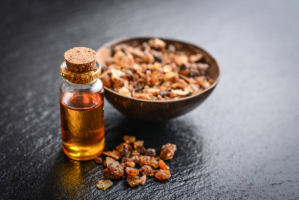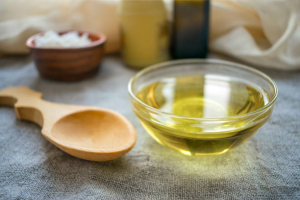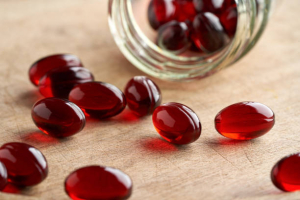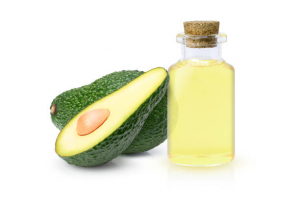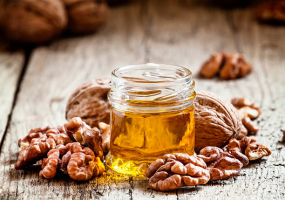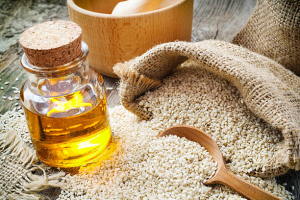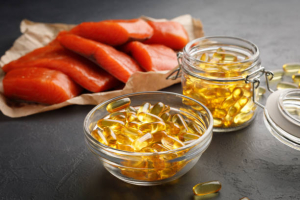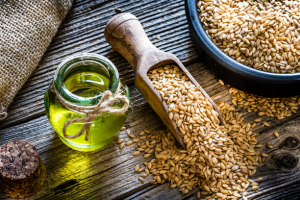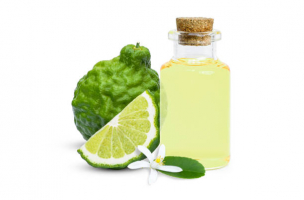Top 6 Health Benefits of Sea Buckthorn Oil
For many diseases, sea buckthorn oil has been used as a natural treatment for thousands of years. The sea buckthorn plant, a tiny shrub that thrives at high ... read more...elevations in the northwest Himalayan region, provides the berries, leaves, and seeds from which it is extracted. It is claimed to have health advantages including healthier, more luminous skin and hair as well as a lower risk of cancer and heart disease. Here are the greatest sea buckthorn oil advantages supported by science.
-
Numerous vitamins, minerals, and advantageous plant components are abundant in sea buckthorn. It naturally contains a lot of antioxidants, which help shield your body from diseases like cancer and heart disease as well as aging. Vitamins A, C, K, and E are notably abundant in its berries. They also include significant levels of copper, zinc, copper, magnesium, calcium, and potassium. Its seeds and leaves are also abundant in phytosterols, a plant molecule with several advantages, including preventing the body from absorbing cholesterol from your diet. One way sea buckthorn oil is thought to lower your risk of heart disease is in this manner.
The most useful part of the sea buckthorn plant, this oil can be obtained from either the seeds or the berries. It has a significant amount of palmitoleic acid, which is also present in skin fat from humans. As a result, this oil is claimed to hasten wound recovery and maintain healthy skin. It's interesting to note that sea buckthorn oil might be one of the few plant products that contain all four omega-fatty acids. Furthermore, this oil contains more than 50% mono- and polyunsaturated fat, two forms of beneficial fats.

Rich in many nutrients 
Rich in many nutrients -
For ages, people have used sea buckthorn oil as a traditional skin care product. It is abundant in unsaturated fatty acids, antioxidants, phytosterols, carotenoids, and vitamins E and K, all of which work in concert to preserve the integrity of your skin and encourage cell renewal. Palmitoleic acid, a type of lipid that occurs naturally in human skin and can be used to treat burns and expedite wound healing, is another component of sea buckthorn oil that is abundant. Additionally, it is a good source of linoleic acid (LA), the most prevalent fatty acid in human skin, and an omega-6 fatty acid. According to research, LA may prevent dry or scaly skin, as well as reduce psoriasis and acne.
Other omega-6 fatty acids, such as gamma-linolenic acid (GLA), which may lessen eczema and improve acne, are also found in sea buckthorn oil in addition to LA. Additionally, components in sea buckthorn oil show promise in defending your skin against the harm caused by UV rays from the sun. It may come as no surprise that sea buckthorn is frequently used in numerous anti-aging or wrinkle-reducing treatments. Additionally, it's a typical component in cosmetics meant to soothe dry, irritated, flaky, or itchy skin. However, only a small number of these alleged advantages have been studied in people. One of the few trials that were conducted found that using a sea buckthorn extract for 4–8 weeks reduced the severity of psoriasis symptoms.

May protect your skin 
May protect your skin -
Heart health may benefit from sea buckthorn oil in a number of ways. To begin with, it's abundant in phytosterols, plant substances with antioxidant and anti-inflammatory properties that assist shield your body from harm and disease, including heart disease. Additionally, these substances function to prevent the LDL (bad) cholesterol from entering your bloodstream and causing blockages in your arteries and blood vessels. A good source of the antioxidant quercetin, which is directly connected to a lower risk of heart disease, is also found in sea buckthorn oil.
More recent research is required, notwithstanding an older study's additional suggestion that sea buckthorn oil may help lower heart disease risk by decreasing blood clot formation. In a 30-day trial, consuming 0.15 teaspoons (0.75 mL) a day of sea buckthorn oil helped persons with high blood pressure lower their readings. In those with high cholesterol, levels of triglycerides, total cholesterol, and LDL (bad) cholesterol also decreased. People with normal blood pressure and cholesterol levels, however, experienced less noticeable impacts. Sea buckthorn extracts may lower cholesterol levels in those with poor heart health, but not in healthy ones, according to one review.

May promote heart health 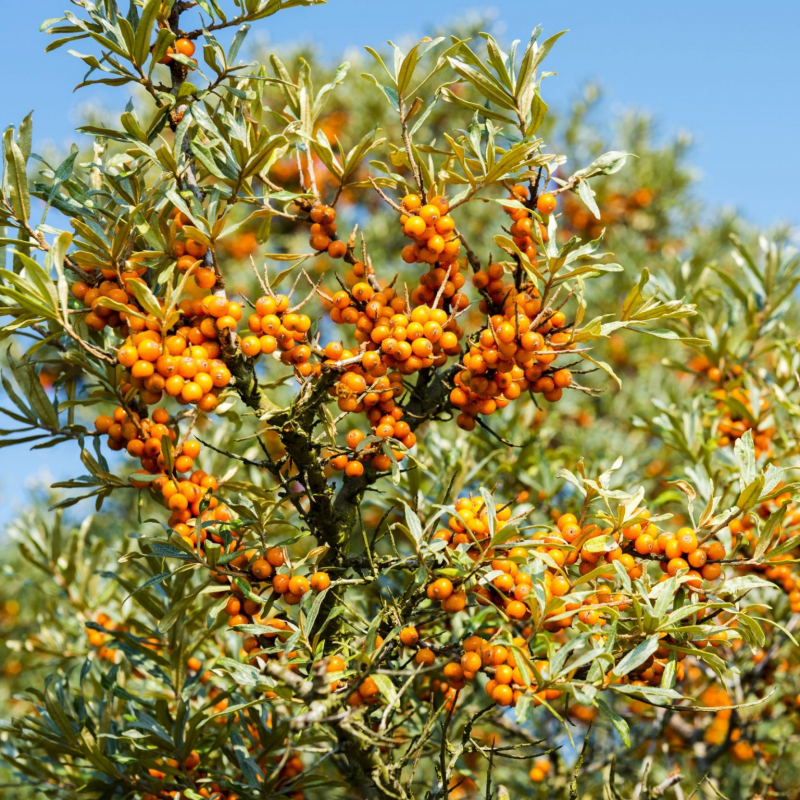
May promote heart health -
Sea buckthorn oil may promote normal blood sugar levels and help avoid diabetes. According to animal studies, it may lower blood sugar levels by boosting insulin secretion and sensitivity. In general, the risk of type 2 diabetes decreases with improved insulin secretion and increased cell sensitivity. Research on humans have, however, specifically looked at how sea buckthorn oil affects blood sugar levels.
38 individuals with impaired blood sugar regulation—a risk factor for type 2 diabetes—participated in one of the few recent studies by consuming either a placebo or 3 ounces (90 mL) of sea buckthorn fruit purée for 5 weeks. After ingesting the sea buckthorn fruit purée as opposed to the placebo, their fasting blood sugar levels were noticeably lower. The reduction in fasting blood sugar levels after 5 weeks, nevertheless, was only 0.14 mmol/L, which is regarded as being quite modest. Additionally, the study's sample size was modest. Overall, more thorough research is required.

May reduce blood sugar levels 
May reduce blood sugar levels -
Your body may benefit from sea buckthorn oil's anti-infection properties. The high flavonoid concentration of the oil is mostly responsible for this action, according to experts. Flavonoids are advantageous plant chemicals that may improve immunity by raising resistance to disease. In a test-tube trial, sea buckthorn oil provided protection from herpes, HIV, and influenza viruses. Antioxidants found in sea buckthorn oil are also present in significant amounts and may help to protect your body from germs.
A healthy liver may benefit from sea buckthorn oil. The reason for this is that it has good fats, vitamin E, and carotenoids, all of which may protect liver cells from harm. In an earlier study, rats with liver injury showed a considerable improvement in indices of liver function when using sea buckthorn oil. Another earlier, 6-month trial found that taking 15 grams of sea buckthorn extract three times a day enhanced blood markers of liver function much more than receiving a placebo did in persons with cirrhosis, an advanced form of liver disease.
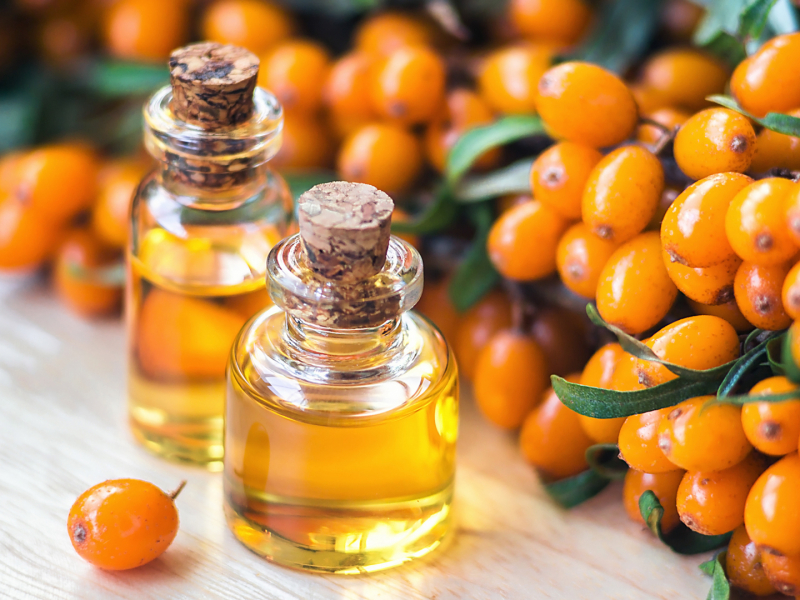
May boost your immune system 
May boost your immune system -
Flavonoids and antioxidants, which are present in sea buckthorn oil, may have anticancer properties. For instance, the flavonoid quercetin, which is abundant in sea buckthorn, appears to aid in the death of cancer cells. Other antioxidants found in sea buckthorns, such as carotenoids and vitamin E, may also be protective. The spread of cancer cells may be halted by sea buckthorn extracts, according to a few test-tube and animal experiments. Animal studies further support the idea that sea buckthorn may protect healthy cells from the side effects of radiation, a popular cancer treatment.
Sea buckthorn may reduce vaginal drying and act as an effective alternative treatment for postmenopausal women who cannot take estrogen. One study linked daily sea buckthorn intake to reduced eye redness and burning. Sea buckthorn contains small amounts of lecithin, a type of fat that may remove excess oil from your hair. It may also help repair damaged hair and restore its elasticity.
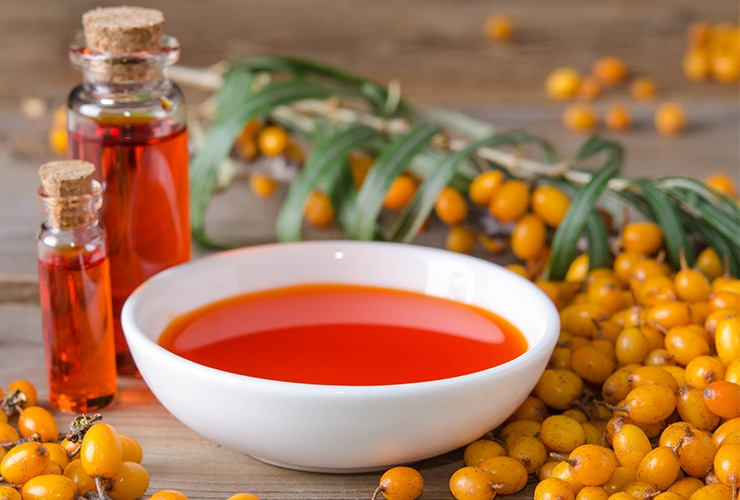
May have anticancer effects and other benefits 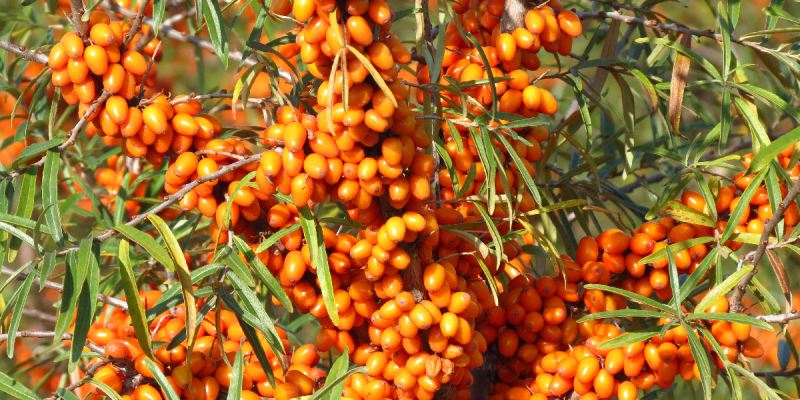
May have anticancer effects and other benefits








